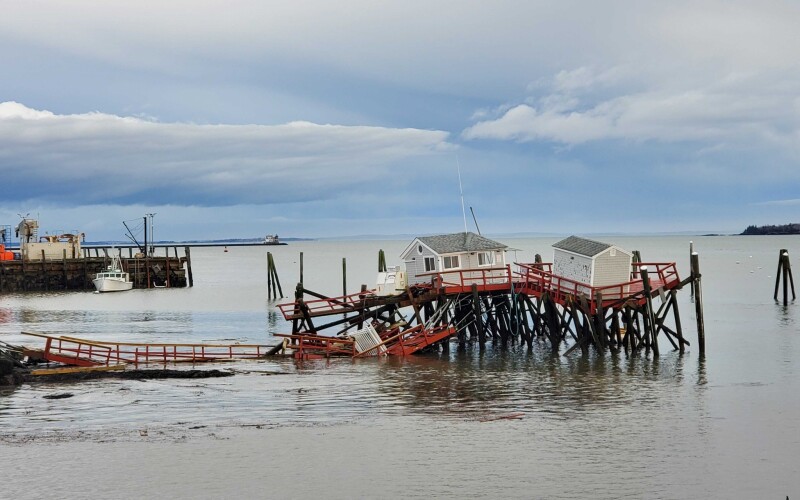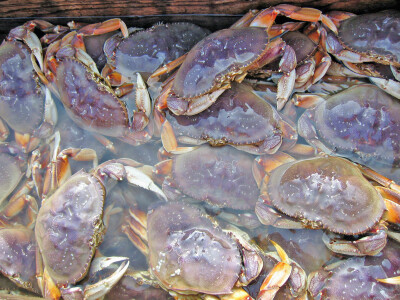Sen. Craig Hickman (D-Winthrop) proposed a bill that affected central Maine inland communities following the Dec. 18 storm. Following coastal storms in January, hundreds of businesses were added to the list of those needing help in the state. Lawmakers from coastal and inland communities have come together to back a bipartisan bill that would create a fund of $50 million to support the small businesses facing devastation after these three storms.
Gov. Mills has also sponsored separate legislation that would also implement $50 million in state funds toward city and town infrastructure. Hickman told Spectrum Local News that he hopes his bill will create an ongoing fund that will be ready when severe weather strikes local businesses again.
“It can almost stand as the state’s insurance for businesses that may need relief when these storms happen in the future, and while we await money coming in from other places, this can be here for us.” Hickman shared.
Legislative Document 2225 will transfer $50 million from the Maine Budget Stabilization Fund to the Department of Transportation, Infrastructure Adaption Fund, and Other Special Revenue Funds account for municipal, state, or regionally significant adaption, repair, and improvements that support community assets.
The Maine Coast Fishermen’s Association (MCFA), Island Institute, and Maine Lobstermen’s Association (MLA) are just a few named groups that have kept the working waterfront informed of the funds accessible to small business owners on the coast.
The Appropriations and Financial Affairs Committee will meet in Augusta on March 6 to consider the emergency legislation deemed as LD 2225. The MLA shared a petition supporting the $50 million fund to rebuild working waterfronts and the state of Maine.
Sam Belnap, the Island Institute’s Center for Marine Economy director, told News Center Maine, “Among a plethora of challenges, ensuring privately owned wharves are as equally supported as municipal piers will be critical. People need to fish in two or three months. Not having that access will ripple through Maine’s coastal economy.”
Many fishery industry leaders in the state testified to the state legislature, supporting LD 2225. MCFA's testimony stated, “Many of Maine’s essential working waterfront properties are located on private properties that are ineligible for other funding opportunities.”
“This is particularly paramount for larger working waterfront properties that provide essentials like bait and fuel and serve as hubs for buying and selling lobsters.”
MCFA also shared that the sole funding opportunity for private infrastructure on working waterfronts is the Land for Maine’s Future (LMF) Working Waterfront Access Protection Program (WWAPP). Although this program offers some funding for investments, it requires the relinquishment of development rights and is too slow to address the damage caused by the current storm promptly. They also mentioned their full support of the LMF WWAPP; however, it is not a timely fit for the crisis our working waterfront is currently operating in.
Another testimony supporting the legislation from the Maine Aquaculture Association, from executive director Sebastian Belle, read, “Maine seafood is an iconic part of the Maine brand, and Maine aquaculture has earned its place as part of that brand.”
“This funding is needed as soon as possible because our fishing, farming, and harvesting seasons are short, and our peak activity starts in about one month’s time.”
Gerry Cushman of Port Clyde submitted a testimonial that read, "Without our working waterfront, we are not ourselves. The use of these funds to support essential and vulnerable fishing communities would be pivotal. To provide relief to one or more members of our community is to provide relief to all."







